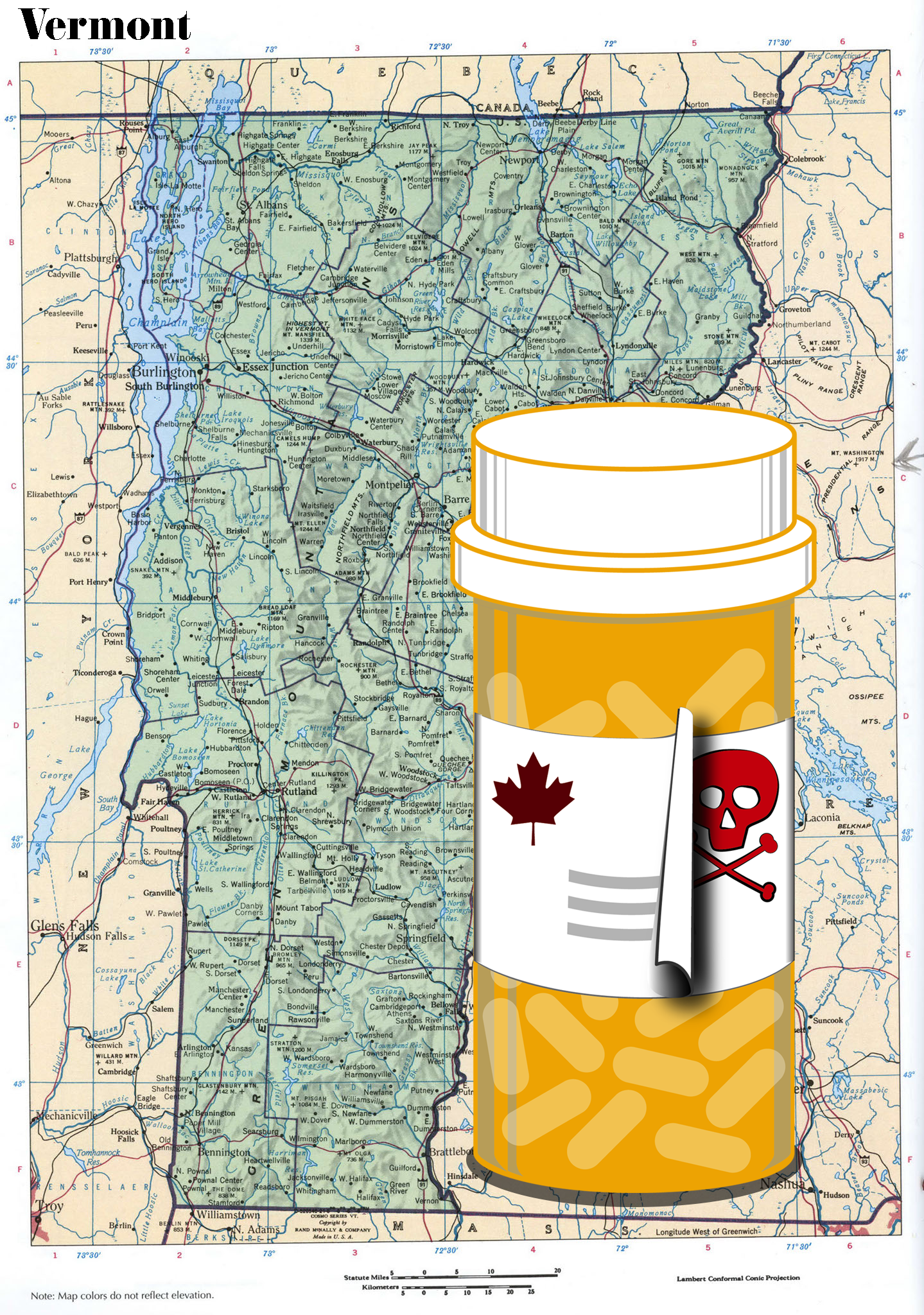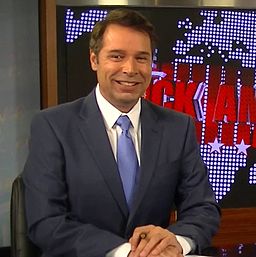Drug Importation in Vermont: An Overview

Synopsis:
In May 2018, the Governor of Vermont signed S 175, a bill which directs the Agency of Human Services to design a program for wholesale importation of prescription drugs into Vermont from Canada that complies with federal requirements.
Under the Medicare Modernization Act of 2003, Vermont is required to submit a plan to HHS to import medicine from Canada that meets requirements set in that legislation.
Current status:
In November 2019, Vermont Governor Phil Scott submitted a concept paper to the federal government outlining the state’s approach to implementing the first-in-the-nation drug importation law. (On August 15, 2019 news outlets reported that Governor Scott had asked to meet with HHS Secretary Alex Azar II to determine whether Vermont would be permitted to run a pilot project in advance of federal rulemaking.)
How should we evaluate this program?
The program hasn't started yet, or even been designed, so there's no way to measure whether it saved money or kept patients safe, both promises made at the time of passage. However, the 2003 Medicare Modernization Act contains requirements for safety requirements built into any such program.
Official actions and statements
- May 16, 2018: Vermont S 175 is signed into Law
- August 15, 2019: Governor Scott pursues launching a pilot project before federal rules on Canadian drug importation have been approved.
Planning documents
Background / resources
News
- Vermont Health Care Update: "House Health Panel Turns Attention to Prescription Drugs" (January 27, 2020)
- Vermont Report Finds that the Costs of Prescription Drug Importation May Outweigh Savings (January 15, 2019)
Learn more about
- The Drug Importation Debate
- Fake Medicine in Vermont
- The Importance of U.S. Closed Drug Supply Chain
Testimony Opposing the Bill
- The Association for Accessible Medicines, Testimony Opposing Vermont S. 175, February 5, 2018
- Healthcare Distribution Alliance, Testimony Opposing Vermont S. 175, January 30, 2018
Op-eds from the Experts
This editorial by Liam Sigaud was published by Inside Sources on August 27, 2019. Mr. Sigaud is an economic policy researcher who writes for the American Consumer Institute, a nonprofit educational and research organization.
This editorial by Dana McDougall was published in The Waterloo Cedar Falls Courier on August 26, 2019. Mr. McDougall, Pharm.D., BCPS, is a pharmacist with the Covenant Cancer Treatment Center in Waterloo, Iowa.
This editorial by Adam Fein and Dirk Rodgers was published in Stat News on July 11, 2019. In it, Fein and Rodgers warn that plans by states to create drug importation programs will open new pathways for counterfeit drugs to enter the U.S. drug supply chain…
In this editorial, which was published by the Fraser Institute on June 13, 2019, economist Dr. Kristina Acri argues against importation, concluding: “Diverting drugs meant for Canadian patients to the U.S. through state importation schemes will create shortages for Canadian patients and increase pressure on potentially unscrupulous suppliers to source drugs from wherever they can, opening the door to counterfeiters.”
This editorial by Nigel Rawson was published in The Hills Times on June 9, 2019. Dr. Rawson, president of Eastlake Research Group, a senior fellow at the Fraser Institute, and an affiliated scholar with the Canadian Health Policy Institute, warns that Canada would run out of necessary medicine if U.S. states begin drug importation programs…
In this piece, which was published in the Inside Sources on April 22, 2019, Michael Graham reviews the case against drug importation: “As Scott Gottlieb said in 2016 before becoming President Trump’s FDA chief…’There are simply too many channels for fake drugs to enter any importation scheme to forgo some meaningful controls.’”
The editorial board of the The Wall Street Journal published this editorial on April 15, 2019. In it, they write:
“The argument that drug importation threatens the integrity of the drug supply is often dismissed because pharmaceutical lobbyists make it. But keeping the drug supply free from contaminated or counterfeit products is not easy, and the World Health Organization has warned that 1 in 10 medical products in the developing world are phony. It isn’t clear who is liable if counterfeits are found in Florida, but you can bet it won’t be the politicians.”
Earlier this month, in the midst of an opioid epidemic ravaging the state, Vermont’s legislature voted to legalize buying drugs from Canada, where government-set price controls keep prices artificially low.
By approving the wholesale reimportation of U.S. prescription drugs from Canada, the Vermont Legislature passed an illegal measure that will not lower drug prices. Instead, it will subject Vermonters to public health risks and new taxes to defray an inevitable federal lawsuit.
- « Previous
- 1
- 2







